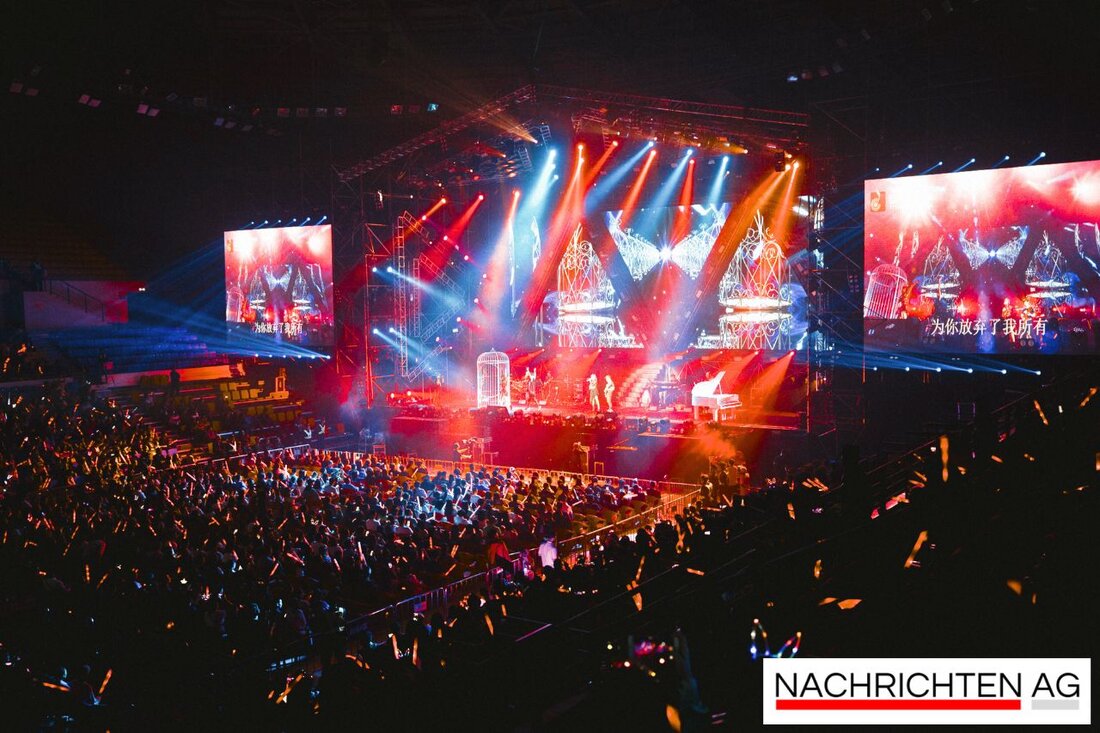Concert full of hope: Sayoko Akimoto brings peace to Vienna!
On October 7th, pianist Sayoko Akimoto will give a concert in Vienna to promote hope and peace through music.

Concert full of hope: Sayoko Akimoto brings peace to Vienna!
Amid the turbulent times that surround us, Japanese pianist Sayoko Akimoto sets an impressive example of peace and joy through her music. On October 7th at 6:30 p.m. she will give a concert in the ballroom of the Währing district office in Vienna that not only promises entertaining sounds, but also conveys a deeper message. Akimoto, who sees herself as a teacher, practitioner and learner, wants to use her program to set positive accents and promote courage and hope in times of war atrocities and extremism.
The concert is dedicated to the great masters of music history and includes works by Johann Sebastian Bach, Wolfgang Amadeus Mozart, Robert Schumann, Frédéric Chopin, Moritz Moskowski and Claude Debussy. It aims to appeal to people who are looking for a way out of despair in music. Bach is highlighted as a particularly succinct example because his compositions often address the transition from suffering to joy. During his childhood he was affected by severe blows of fate, yet he created immortal works that continue to inspire today. MeinBezirk reports that Akimoto wants to create a space for peace and positive emotions with her performance.
A look at the power of music
The question of how music can address peace is not a new one. Peace issues have inspired artists and composers for centuries. Many works deal with war, the sadness of it, and the deep desire for peace. During the 20th century, numerous plays were created that portrayed war as inhumane or critically dealt with military conflicts. For example, Gustav Holst's "The Planets" addresses war in all its cruelty in the first movement "Mars, the Bringer of War", while pieces like Haydn's "Agnus Dei" in the Missa in Tempore Belli formulate an intercession for peace during war bpb.
This makes it all the more challenging for composers to find positive representations of peace in their works. Nevertheless, there are numerous attempts to implement this topic sensitively, be it through reflections on the war or through the presentation of visions of peace. Ultimately, music remains a powerful tool to give hope and create a connection between people, even in difficult times.
Bach and his legacy
Particular attention is paid to Johann Sebastian Bach, whose works continually receive new interpretations. The Bach Festival in Leipzig has set itself the goal of presenting various versions of his St. John Passion, including the so-called “Queer Passion,” which addresses the discrimination against people from the LGBTQ scene. Such transformations of art show that Bach's music is not only timeless, but also adaptable DW.
The question of the role of music in the context of peace and discrimination remains central. Even though the music is often considered elusive, the variety of compositions shows that artists are continually trying to raise their voices against war and oppression. On October 7th, Sayoko Akimoto will be offering a platform in Vienna where these topics can be experienced through the power of music.

 Suche
Suche
 Mein Konto
Mein Konto